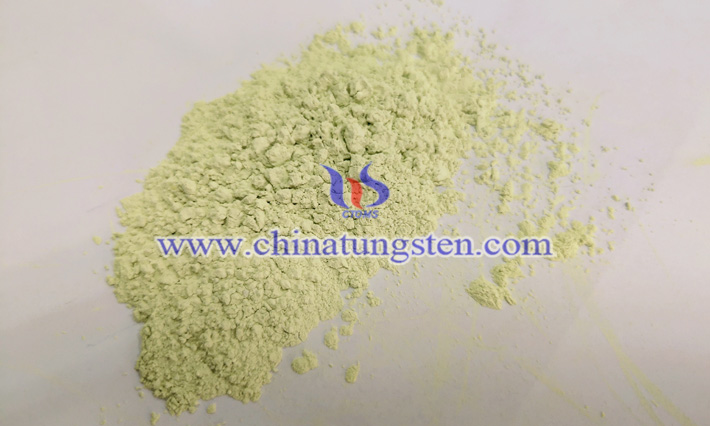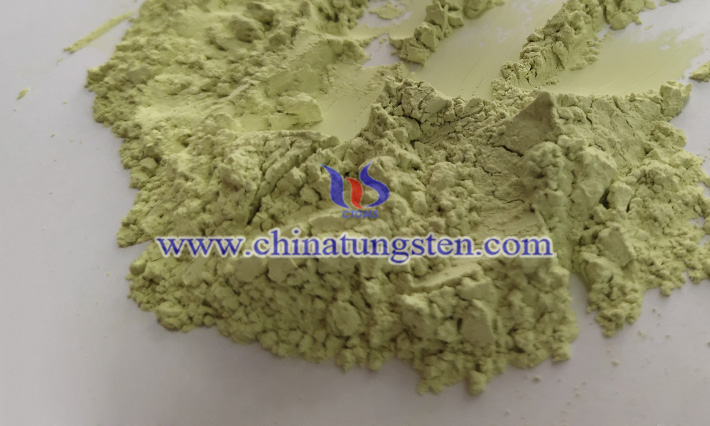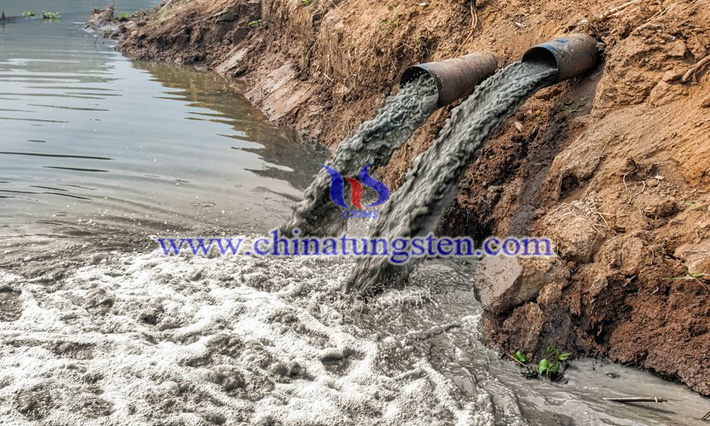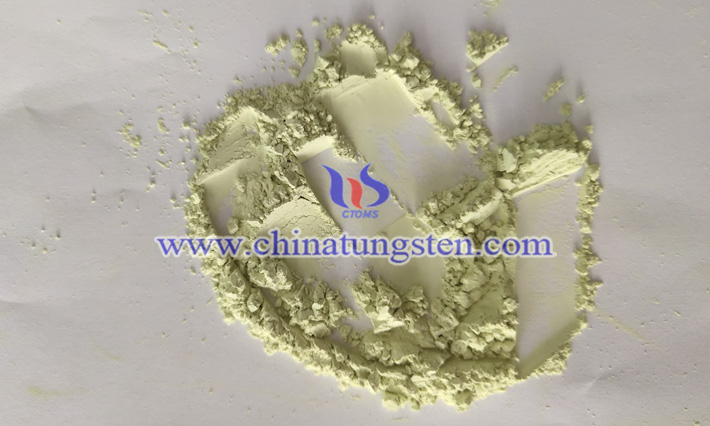Electrochromism: Nanoblock WO3
- Details
- Category: Tungsten Information
- Published on Tuesday, 14 April 2020 09:13
- Written by Yahong
- Hits: 1567

Nanoblock WO3 is related to the concept of electrochromism. More precisely, Nanoblock WO3 has an electrochromic effect, which can change color under the action of an external electric field. According to the experts, the reason why nano WO3 has an electrochromic effect is due to the surface effect of the nanomaterials, which makes the oxygen ions on the surface of WO3 grains have high activity and can migrate in the sample, and tungsten ions can be combined or separated with electrons under the action of an external electric field, so that the sample changes color with external voltage.
Photocatalytic Material: WO3
- Details
- Category: Tungsten Information
- Published on Tuesday, 14 April 2020 09:05
- Written by Yahong
- Hits: 1467

As a photocatalytic material, WO3 has high photocatalytic activity and stability, so it has good industrial application prospects in the field of photocatalysis. You know, ethylene is harmful for storage and fresh-keeping of fruits and vegetables. Photocatalytic technology is an effective and environmentally friendly approach for degrading ethylene. Some experts have synthesized a WO3 photocatalyst using synergetic internal Fe3+ doping and superficial Pt loading for ethylene degradation under visible-light irradiation.
Photocatalytic Material: Nano WO3
- Details
- Category: Tungsten Information
- Published on Tuesday, 14 April 2020 08:56
- Written by Yahong
- Hits: 1551

As a photocatalytic material, nano WO3 is welcomed as it has divergent admirable features like high stability, non-toxicity, ease of preparation, suitable band edge positions and facile generation of active oxygen species in the aqueous medium. Nano WO3 finds unparalleled opportunity in wastewater purification under UV/visible light. While the perennial failings of the photocatalytic material emanate from the stumbling blocks like rapid charge carrier recombination and meager visible light response.
WO3 Applied for Photocatalyst
- Details
- Category: Tungsten Information
- Published on Tuesday, 14 April 2020 09:03
- Written by Yahong
- Hits: 1536

WO3 is a visible-light responsive photocatalyst that absorbs light up to 480 nm with several advantages such as low cost, harmlessness, and stability in acidic and oxidative conditions. WO3-based photocatalysts have various applications such as photodegradation of organics, air purification, self-cleaning, CO2 photoreduction, heavy metal ion treatment, hydrogen evolution from splitting water, and bacterial disinfection.
Semiconductor Photocatalytic Material: WO3 Nanomaterial
- Details
- Category: Tungsten Information
- Published on Tuesday, 14 April 2020 08:53
- Written by Yahong
- Hits: 1453
As a semiconductor photocatalytic material, WO3 nanomaterial can be prepared using amorphous peroxo-tungstic acid for the degradation of various organic compounds. The experts have investigated the photocatalytic activity and physical properties on WO3 photocatalysts prepared by various methods.
Read more: Semiconductor Photocatalytic Material: WO3 Nanomaterial





 sales@chinatungsten.com
sales@chinatungsten.com